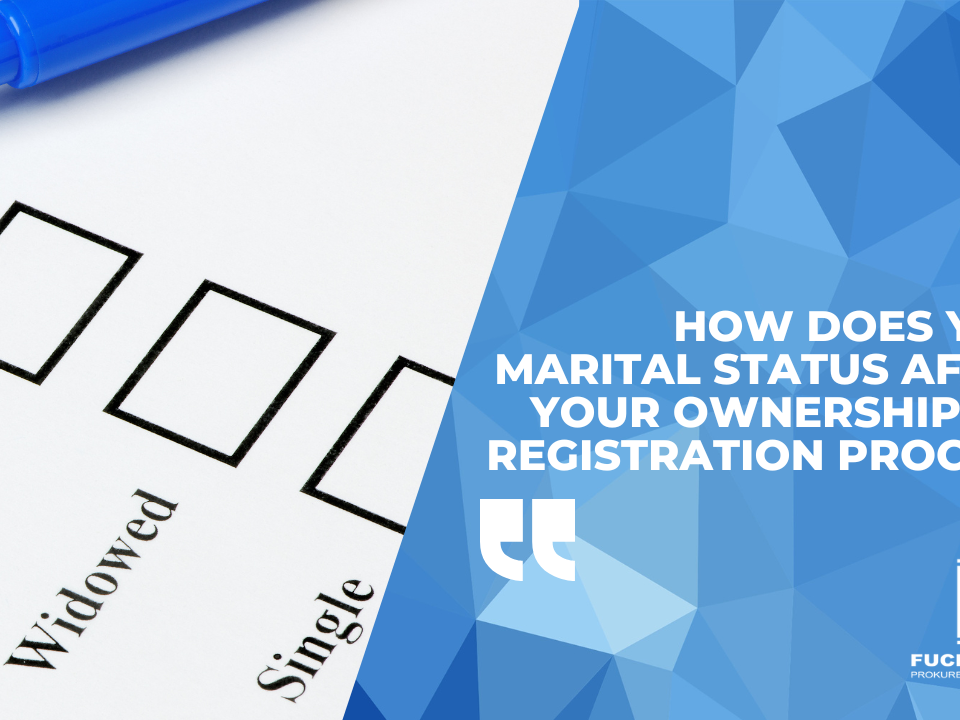What is Rouwkoop?
January 24, 2023
HARASSMENT AND STALKING EXPLAINED
March 8, 2023Customary marriages are problematic in conveyancing matters. This arises as a result of the legal status these marriages were previously given.
Black people practice their own customs and traditions, each varying according to their individual cultures; marriages are no exception! Such practices were initially not recognised by South African Law, in fact customary unions were not recognised as a marriage at all. Thankfully the law changed in 1998 when the Recognition of Customary Marriage Act was passed by parliament, this resulted in all customary unions automatically being valid marriages in the eyes of the law.
Recognition of Customary Marriages Act of 1998.
From 15th of November 2000 this Act recognises customary union as marriages and prohibits a party to this marriage from marrying in terms of the Marriage Act no 25 of 1961. All customary marriages entered into after 15 November 2000 are in community of property except when an Ante nuptial contract (ANC) has been entered into and registered in the Deeds office rendering the marriage out of community of property.
However what constitutes a customary marriage? It is defined in the Act as a marriage concluded in accordance with customary law and has three main requirements to be valid:
- Parties must be 18 years or older;
- Parties must consent to the marriages;
- Marriage is negotiated and entered into or celebrated in accordance with customary law.
The Act obliges the married couple to register their marriage at Home Affairs within three months. However, failure to register the marriage does not result in a marriage being invalid.
The first two requirements don’t provide problems in practice. The same cannot however be said about the last requirement which starts with lobola negotiations. Lobola must be negotiated and agreed upon between the members of the two marrying parties. It is not a requirement that the lobola be paid in full; for example the parties can agree that the husband must pay ten cows but if he pays four cows or less, the requirement has been fulfilled. The payment of lobola can similarly be waived by agreement.
The final requirement further states that there must be some form of celebration of the customary marriage. This can be handing over of the bride or any other form of celebration.
Unfortunately, youngsters today enter into customary marriages to please or comply with their families’ wishes, rites and customs without understanding that they will be legally married and must now within three months register their marriage. There are many couples who without comprehension have complied with the Act and are unaware that they are actually married in community of property.
To ensure your compliance with law and to fully understand your rights and obligations it is important to determine your marital status and whether you are in fact legally married.
Fuchs Roux Inc attorneys.
Jackson Masango



